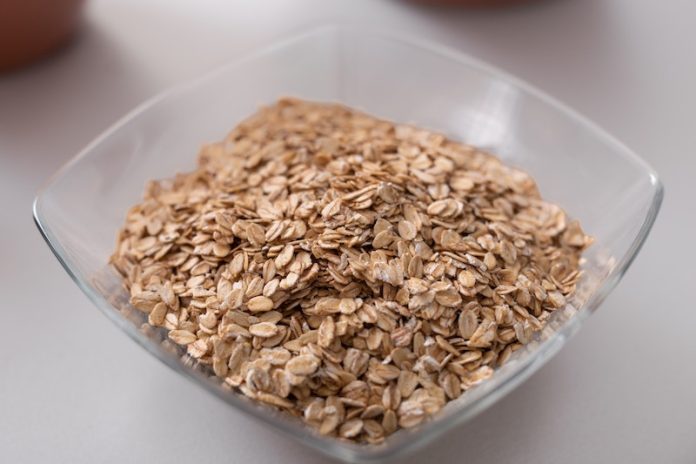
A group of scientists from Tufts University has found some exciting news. If you are in your middle age or older, eating at least three servings of whole grains each day might keep you healthier.
It could keep your waistline in check, blood pressure normal, and blood sugar levels steady.
Heart Disease and Grains: What’s the Connection?
The scientists wanted to know how eating whole grains or refined grains could affect five things that might lead to heart disease.
They studied changes in waist size, blood pressure, blood sugar, triglyceride (a type of fat found in the blood), and HDL cholesterol (the “good” kind of cholesterol).
How Did the Researchers Find Out?
The researchers used information from a big study called the Framingham Heart Study Offspring Cohort.
This study started way back in the 1970s. Its goal is to understand what increases the risk of heart disease in the long run.
The researchers studied about 3,100 people who were part of this big study. These people were mostly white and were about 55 years old on average when the study started.
What Does Eating Whole Grains Do?
The scientists looked at four different groups of people based on how many whole grains they reported eating each day.
These groups ranged from people who ate less than half a serving of whole grains each day to people who ate three or more servings each day.
They found some fascinating results. People who ate more whole grains didn’t gain as much around their waist, didn’t see as much of an increase in blood sugar levels, and didn’t have as much of an increase in blood pressure.
In fact, people who ate fewer whole grains gained more than 1 inch around their waist on average. But, those who ate lots of whole grains only gained about ½ inch.
Also, people who didn’t eat many refined grains (like white bread and white rice) had less increase in waist size and a greater decrease in triglyceride levels every four years.
The Takeaway: More Whole Grains, Less Refined Grains
So, what can we learn from this study? Whole grains might do more than just help us lose weight or keep our weight steady as we get older.
They might also help us control our blood sugar and blood pressure levels. This could protect us from heart disease as we age.
According to the Dietary Guidelines for Americans 2020-2025, we should try to eat at least three servings of whole grains every day.
One serving could be a slice of whole-grain bread, half a cup of oatmeal, or half a cup of brown rice.
This study was published in the Journal of Nutrition. The main author was Caleigh M Sawicki, along with other fellow researchers.
If you care about nutrition, please read studies about how Mediterranean diet could protect your brain health, and the best time to take vitamins to prevent heart disease.
For more information about nutrition, please see recent studies that olive oil may help you live longer, and vitamin D could help lower the risk of autoimmune diseases.
Copyright © 2023 Knowridge Science Report. All rights reserved.



